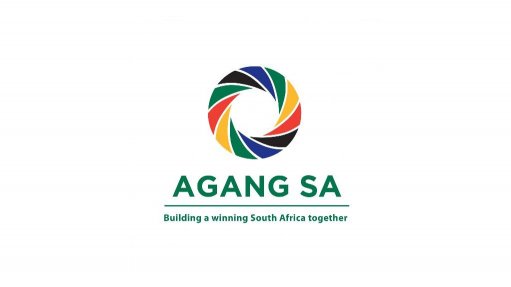
The Western Cape High Court began hearing arguments today in the application from Agang SA and two other opposition parties who are asking the court for the following relief, amongst others:
1. The Rules of the National Assembly (NA) do not provide that a motion of no confidence in terms of section 102 (2) of the Constitution must be scheduled within a reasonable time or at all.
2. To declare that the Speaker of the NA is not a fit and proper person to hold her office.
3. That the Speaker may not preside over a motion of no confidence in the President.
4. That voting on such a motion should take place by secret ballot.
Parliament is opposing every aspect of the application on the basis that Parliament’s Rules in respect of the above issues are consistent with the Constitution. Parliament will argue that:
1. Section 102 (2) of the Constitution provides for motions of no confidence in the President which must be passed by a majority of Members of the NA.
2. The Constitution does not regulate the procedures by which a motion of no confidence is to be scheduled for debate and determination. Instead, section 57 (1) allows the NA to regulate these matters in its rules.
3. NA Rule 102A regulates the procedures by which a motion of no confidence in the President is to be scheduled for debate and determination.
The matter has come before the courts on two previous occasions. The first involved an approach to the Constitutional Court for direct access to that court. The Constitutional Court ruled that it was not in the interests of justice to grant direct access.
The second process involved an urgent application to the Western Cape High Court to postpone the scheduling of a motion of no confidence in President Jacob Zuma. Debate on the motion of no confidence had been scheduled by the National Assembly (NA) multiparty Programme Committee for 3 March. Agang SA also demanded that NA Speaker Ms Baleka Mbete not preside over the debate because of their perceived notion of her partiality and the applicants wanted voting on the motion of no confidence in the President to be done through a secret ballot.
On 27 February, the Court ruled that the application for the main relief was semi-urgent and should be enrolled on a date and subject to a timetable to be determined by the Judge President. The interdict was dismissed primarily on the grounds of separation of powers. In delivering the order, the court emphasised the need for the courts to be mindful of the Constitution’s notion of separation of powers and the effect of the courts impinging on the powers of another branch of the state unless authorised to do so by the Constitution. The court referred to the “ambitious” relief sought in relation to the substantive issues relating to the role of the Speaker as Presiding Officer and the demand for a secret ballot as complex constitutional questions, of which the outcomes are unpredictable.
On 12 May the court postponed hearing the application to today because the applicants failed to comply with rules of the court which require them to publish a notice to allow interested parties who may be affected to join the matter. The court had rejected the applicants’ argument that the rule did not apply. It had also rejected the applicants’ alternative argument that it was in the interests of justice to dispense with the notice requirement and proceed with the case without giving interested persons and civil society a chance to participate.
Issued by Parliament of RSA